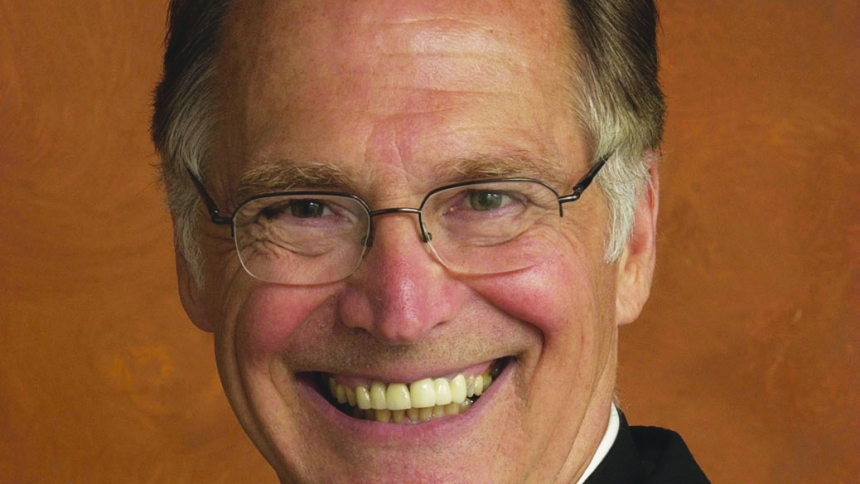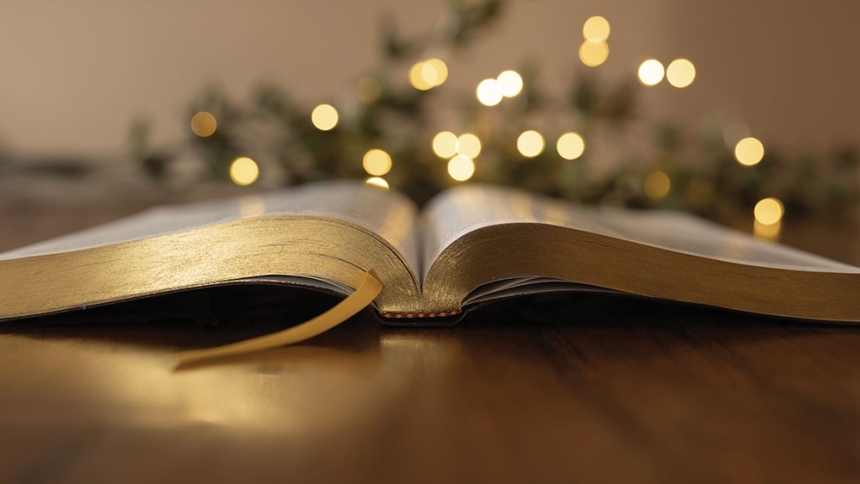
As published in the Northwest Indiana Catholic on December 9, 2018
In my columns during the season of Advent, I am reflecting on the Kerygma, the basic proclamation of the Gospel in its essence. Last week, I pondered the first part of this Good News, which is the radical, unconditional and eternal love of God for us, a love that we cannot even begin to grasp! Our experience of the Lord’s saving mercy is the basis of our spiritual response to God’s remarkable initiative, as Jesus breaks into our lives in all joy and promise.
The second part of the Kerygma is the realization of our brokenness, an honest acknowledgement of the power of sin and death, both in our lives and the reality of the human race. A quick view of global news sufficiently reminds us that we dwell in a fallen state, filled with violence, suffering, egoism, sickness and death.
In fact, the darkness of the world often hinders many people from believing in God. How many times have we heard, “If there is a loving God, how could he allow…?” If Jesus truly has saved us, why is everything still so messed up?
Genesis reminds us that sin, suffering and death were not part of God’s original plan, but enter in as the painful consequences of humanity’s fundamental turn against relationship with the Lord. The narrative of Adam and Eve and Original Sin speak of the goodness of creation, the beauty of God’s intention, the positive and negative aspects of divinely-bestowed freedom, the wounded nature of our human condition and God’s refusal to give up on us.
When I ponder the sin, sadness and suffering in my life, listen to the pain of other people’s sorrow, hear of the shootings, injustices, disasters and hatred played out in the world every day, I come to know my/our radical need for a savior - someone who has the power and mercy to transform what is broken, sad, wounded and dead within us, so that we can know life, love, joy, comm and peace.
If I never think about what I need to be saved from, I will never know the glory of what I have been saved for. As Saint Paul shouts out in his Letter to the Romans, “Who will save me from this body of death?”
The proverbial Christian witness talk often relates how the speaker “was once lost, but now has been found” as the lyrics of “Amazing Grace” tell it, or, as the Merciful Father in the Parable of the Prodigal Son says to the elder brother, “But now we must celebrate and rejoice, because your brother was dead and has come to life again; he was lost and has been found.” Conversion stories always contain a before/after narrative. Without God, this darkness, emptiness and sin was my life. With God, I have found life, light, peace and joy.
I invite you this week to ponder in prayer what forms the darkness of sin and death have taken in your life? How have confusion, suffering and despair paradoxically led you to know the valley of death, but also to experience of Jesus’ mercy and forgiveness? How have you been lost and subsequently found? What has Jesus saved you from and for?
Getting in touch with our “lostness” may feel like a futile or frightening exercise, but it has always led me to better appreciate and understand the enormity of God’s love and mercy. The crucifixion of the Son of God speaks eloquently of the threatening power of sin and death, but even more profoundly of the infinitely greater force of Divine Love and its redeeming goodness. If we were just a little lost or slightly broken, we would only require a mild repair. The cross represents a radical realignment of the human person which changes the course of history.
The third part of the Kerygma is precisely this merciful initiative on the part of God to send us Jesus Christ as our Savior and Redeemer who liberates us from the power of evil and claims us for the Kingdom of his Father. The parables of the Prodigal Son, the Lost Coin, the Good Shepherd, Jesus’ encounters with Zacchaeus, the paralytic, Mary and Martha, Matthew and Simon Peter, Christ’s miracles, healings, actions of forgiveness, moments of service, hours of preaching the Word all form the essence of God’s definitive action as he boldly and creatively breaks into our darkness and rescues us from all torment and affliction.
The Scriptures, the sacraments, moments of prayer, meditative reading and reflection, all actions of love and service become sacred portals through which Jesus breaks into our lives, offering us his very self as the only antidote which can cure and save.
I invite you this week to prayerfully consider, not only the fact that Jesus has saved you, but also how he has done so, precisely in the particulars of your life. Which people, experiences, moments and encounters became the doors through which God entered into your heart and invited you into a love relationship with the Father?
Even though Christ has completed the work of salvation, the effects of this divine offer still need full realization in our lives. Jesus’ preaching, ministry, forgiveness, life, death and resurrection still need to be fully embraced and lived out in us. This mystical unfolding of God’s presence and love in our hearts is the ultimate adventure of spiritual pilgrimage and Christian discipleship.
This Advent, invite the Lord to enter more deeply within every fiber of your existence. Ask him to take possession of your thoughts, words, attitudes and actions. Thank him for the inexpressible gift of salvation so tenderly offered. Jesus wants to reign on the throne of our hearts, walk in the garden of our souls, find a place to restfully dwell in the depths of our humanity and be the very center of our existence.
John the Baptist, the Blessed Virgin Mary, all the angels and saints are praying fervently that WE LET HIM IN!
+ Donald J. Hying


